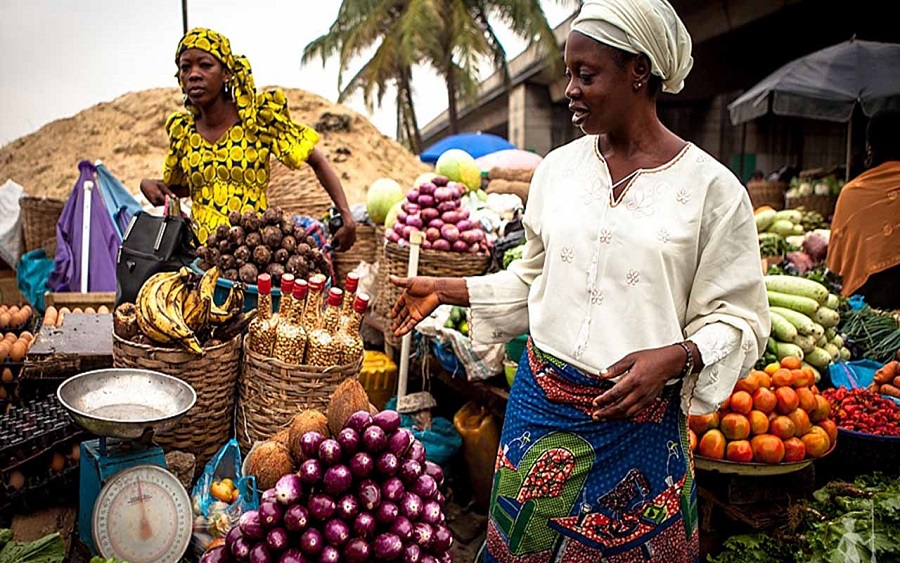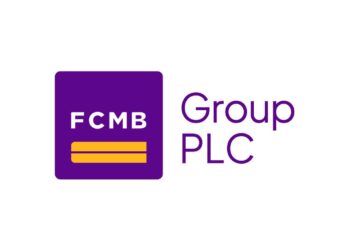Nigerians spent a total of N334.3 billion to import prepared foodstuffs, beverages, spirits and vinegar and tobacco in the half-year (January – June) of 2019. This is revealed in the foreign trade report released by the National Bureau of Statistics (NBS).
According to the Bureau’s report, the importation of foodstuffs and the other items in the first half of 2019 increased by 47% when compared with the corresponding period of 2018. Specifically, in the first half-year of 2018, the importation of prepared foodstuffs, beverages, spirits and vinegar and tobacco was put at N227.1 billion while the figure rose to N334.3 billion in half-year 2019.
[READ MORE: Nigerians spent N148 billion in 3 months to import used cars]
Import by section: A look at NBS import by section shows that Nigeria imported 21 different items in half-year 2019. The major items include live animals, animal products, vegetable fats and oil, prepared foodstuffs, beverages, mineral products, textiles, broilers and vehicles.
- A closer look at Nigeria’s import by section shows that broilers, machinery and appliances form the biggest import which was estimated at N2.11 trillion.
- Mineral product ranks 2nd with N1.3 trillion import in half-year 2019.
- Other top items on the import by section category include vehicles, aircraft and parts (N1.06 trillion), cement (N599 billion), metals (N386.1 billion) and prepared foodstuffs, beverages, spirits and vinegar (N334.2 billion).
Foodstuffs importation trend: It is instructive to note that while Nigeria equally exports foodstuffs, beverages, spirits and vinegar and tobacco, importation of the same items has grown significantly. A quick check into the 2019 half-year statistics shows that Nigeria exported foodstuffs, beverages, spirits and vinegar and tobacco worth N90 billion while import was put at N334.3 billion. This represents a huge trade deficit.
A further breakdown shows that between 2015 and 2019, foodstuffs, beverages, spirits and vinegar and tobacco imports into Nigeria was estimated at N2.25 trillion.

Curbing import menace: While Nigeria imports several items, food importation, along with other related items has been largely dominated by the Federal Government’s policy focus in recent times. Basically, the Federal Government has introduced policies ranging from FOREX restriction on several items, spreading searchlights on smugglers and ultimately shutting the borders.
In the meantime, while the import menace still lingers, the Central Bank of Nigeria has vowed to employ its FOREX restriction mechanism to ban more food items. Although many experts believe that the policy of restricting food imports does have some merits, the policy cannot be introduced in isolation.
[READ ALSO: Nigerians spent N161 billion to import used Vehicles from U.S in 2018]
Apart from exposing the nation’s economy, the surge in the importation of food items and other related product dampens growth in the agricultural sector. Sadly, the agricultural sector, which remains a major employer, has suffered years of neglect as Nigeria has spent decades relying on oil to provide much-needed foreign exchange and government revenue.


























Kindly provide references to your sources thanks